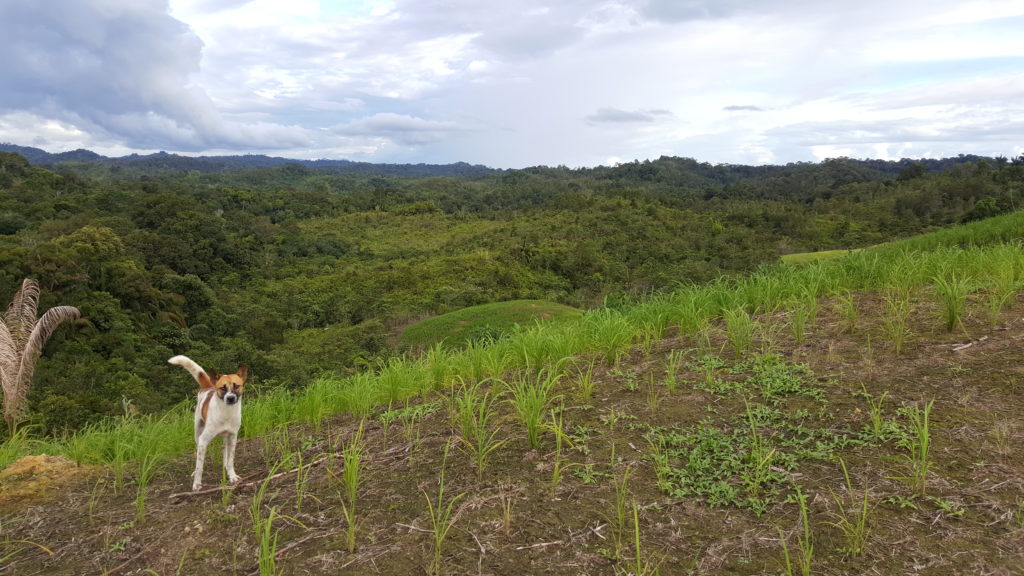German Federal Ministry of the Environment (BMU)
The German Federal Ministry for the Environment, Nature Conservation and Nuclear Safety (BMU) established the International Climate Initiative (IKI) in 2008. BMU uses the IKI to assist developing and emerging countries reduce greenhouse gas emissions, adapt to climate change and preserve biodiversity. The IKI receives revenue from the auction of EU ETS emission allowances, via the Climate and Energy Fund (EKF), and a significant annual contribution from the BMU. Investments made by the IKI provide developing and emerging countries with “new and additional” funding, which is critical for the implementation of the Paris Agreement.
WWF
For 50 years, WWF has been protecting the future of nature. WWF is the world’s largest conservation organization, established in 100 countries and supported by about 5 million USD worldwide. WWF works in a unique way combining a global vision with scientific foundations, it is actively involved at all levels, from local to global, and ensures the delivery of innovative and idealistic solutions that meet the needs of people and nature.
Key Partners
WWF-Indonesia and WWF-Malaysia are working closely with other NGOs, government agencies and independent contractors to achieve the objectives of the Heart of Borneo – Green Economy project. Some of our key stakeholders are:
Indonesia, National level: The Coordinating Ministry of Economic Affairs is responsible to coordinate and harmonize policy support from intersectional ministries relevant to the Heart of Borneo and land use planning.
Indonesia, Kapuas Hulu district: The Kapuas Hulu district is expected to propose an ‘agropolitan’ area for approval from local parliament and inter-sectoral ministries.
Malaysia, Federal level: The Ministry of Natural Resources and the Environment is the Malaysian national focal institution for the Heart of Borneo.
Malaysia, Sarawak state: The Forest Department Sarawak is the lead agency for the Heart of Borneo in Sarawak.



